Basque Country?

CAV municipal and foreign elections are nearby. And along with them is the alarmist use of social phenomena, often anecdotal or especially swollen, so that the electoral and social debate is based on one of the areas in which the Basque right moves best: security and public order, which have been declared wrong.
The foreseeable increase in the use of white weapons at night is used to justify mass identification at nightclubs. This would seem disproportionate to us until two days ago. But all of a sudden, we find it normal and even convenient, because, despite the fact that criminality has not increased in the CAPV, it has decreased, there is the perception of insecurity to be arbitrarily modified or implemented. Or following the order of the last sociometer. Fear is politically powerful and economically profitable. It is easy to resort to basic emotions to provoke setbacks in rights or, paradoxically, to avoid debates that have to do with security, but do not bet on them. These are debates about less anecdotal fears and insecurity.
We do not want to underestimate that we have the right to go out of play without being injured and that, therefore, to cope with an increase in the presence of white weapons, concrete and effective measures are needed. But if we did an experiment to immerse ourselves in some depth in the fears of our neighbors, we'd surely come up with other issues. And they're not so rigorously responded to. Open the informations of the last few weeks that do not have them. Economic uncertainty, community violence, fear of being attacked on the street as a woman, lesbian, gay, trans or migrant, fear of being identified by your skin color, being alone, losing the net, not knowing neighbors, not taking care of you or seeing you becoming weaker, sick or isolated.
They are closely related to safety, but they obviously have nothing to do with that hegemonic vision that they sell us as unique, unappealable, technical and objective. It will hardly be objective anything related to threats and dangers; our position in structures of ideology, intentionality, economy, gender or race, age, body will be conditioned by capacities or administrative situation. The hardening of penalties has been effectively denounced: a placebo of security without deterrent capacity, which does not go beyond the relaxation of consciences, without altering the profound dynamics of social violence. Three decades after other theories and practices oppose the traditional and sanctioning discourse on security. These are more related to social change, rights advancement, anti-racism, social cohesion, reduction of inequalities, social investment, community empowerment, mediation, transformative conflict management, feminism and support for care and vulnerability.
On this occasion they have drawn the Basque Country as a knife. This is a supposedly faceless but armed threat, despite the fact that, obviously, when this threat is going to be assumed the face of what seems to be the greatest social risk: incas, junkies or migrants, collectives to dehumanize. Yes, they are always young men. However, they never mention which community structures and dynamics encourage young men to be, in turn, the main victims and perpetrators of social violence in the public space. In short, they propose the installation of metal detectors in nightclubs, but they do not want to address the current gender socialization that considers violence to be desirable. They don't talk about mental health, consumption or poverty.
Public policies based on rights and links and Community forms of security that prevent the ineffective increase of sanctions are not new. They're not utopian. They are developed in Latin America and in nearby territories such as Navarra or Catalonia. It is therefore unacceptable that the framework should focus time and time again on the same fallacies, elections for elections, while authoritarianism, social isolation, inequalities and individualism are growing and no one is able to cope with these discourses, policies and social dynamics.
The left, in the institutions and on the street, must lose the fear of the security debate. And above all, it must stop taking on frameworks that are not theirs. Only they benefit those who do not want to end social violence, those who want to protect the privileges and benefits of the few. There is a lot of data, strategies, policies and experiences to feel safe and experience other ways of living in the public space. Are we going to compete with the security discourse?
We learned this week that the Court of Getxo has closed the case of 4-year-old children from the Europa School. This leads us to ask: are the judicial, police, etc. authorities prepared to respond to the children’s requests? Are our children really protected when they are... [+]









_2.jpg)
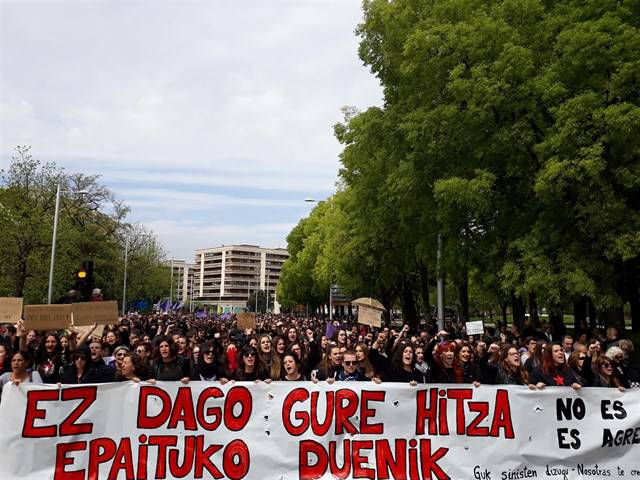
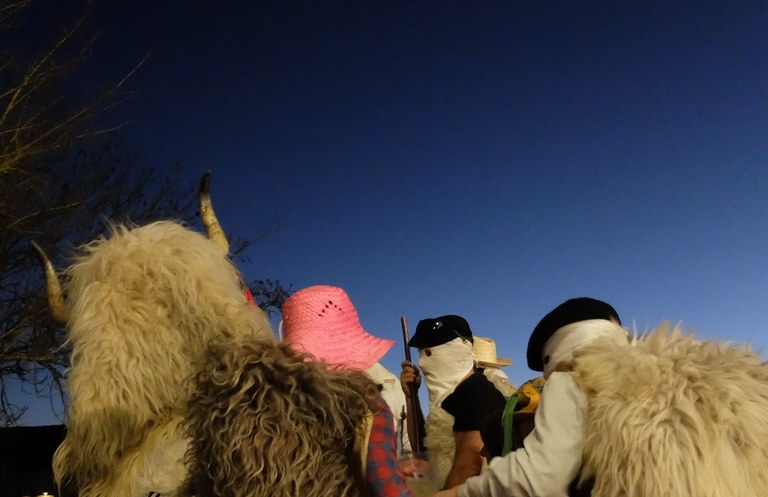
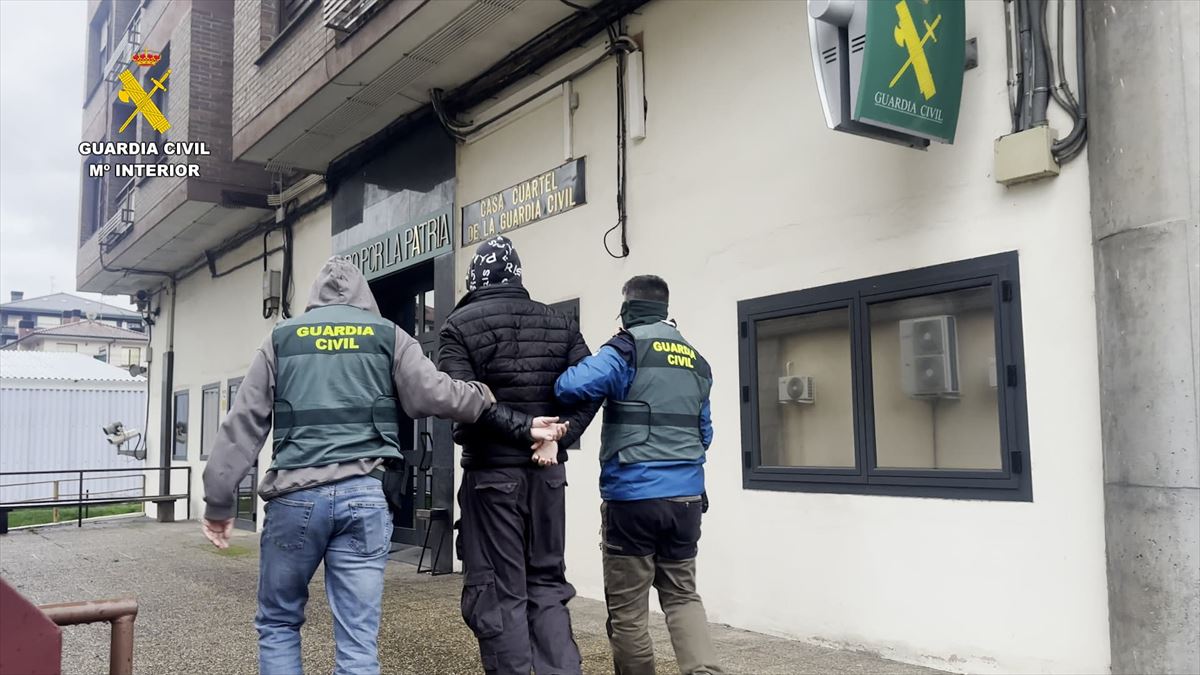


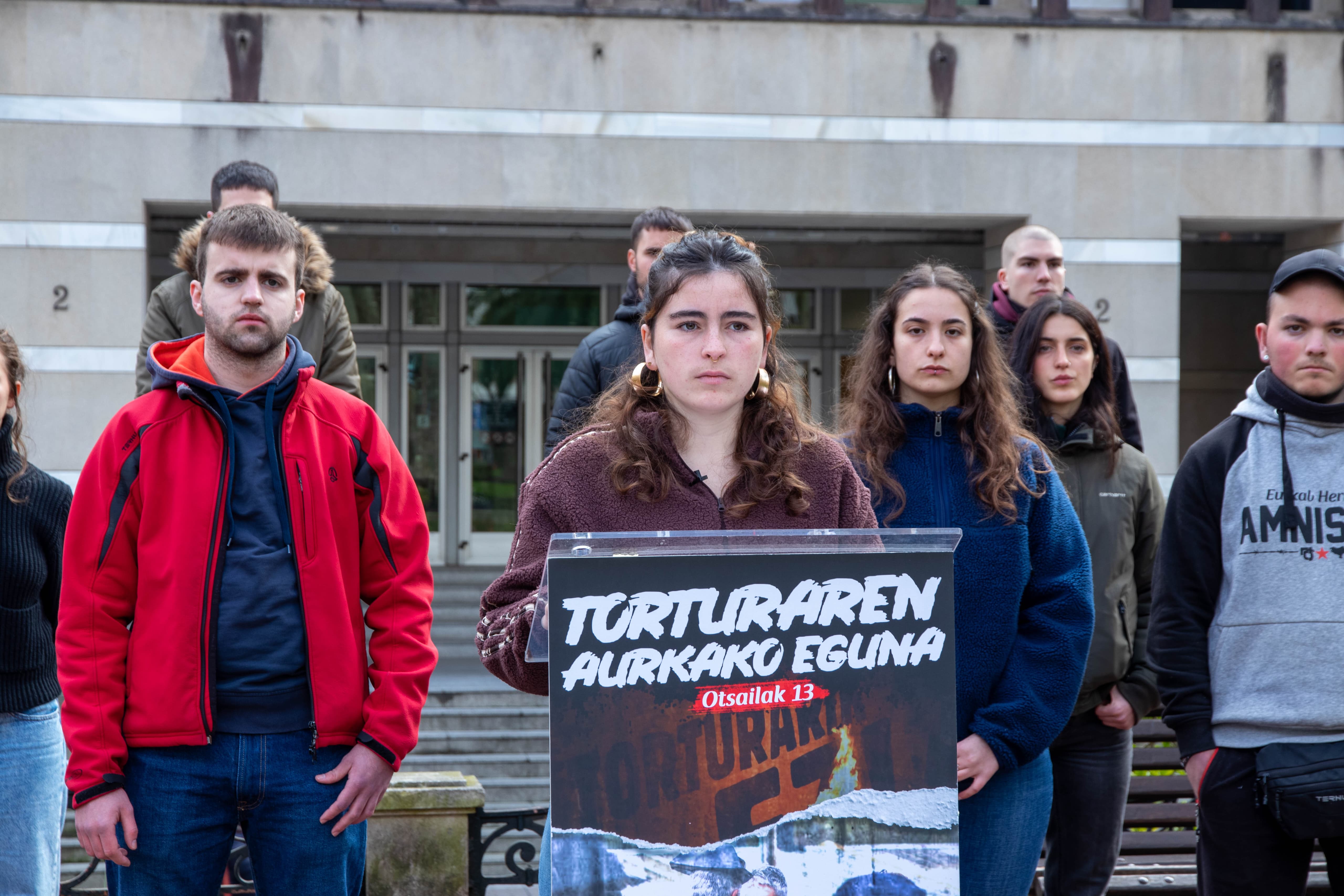
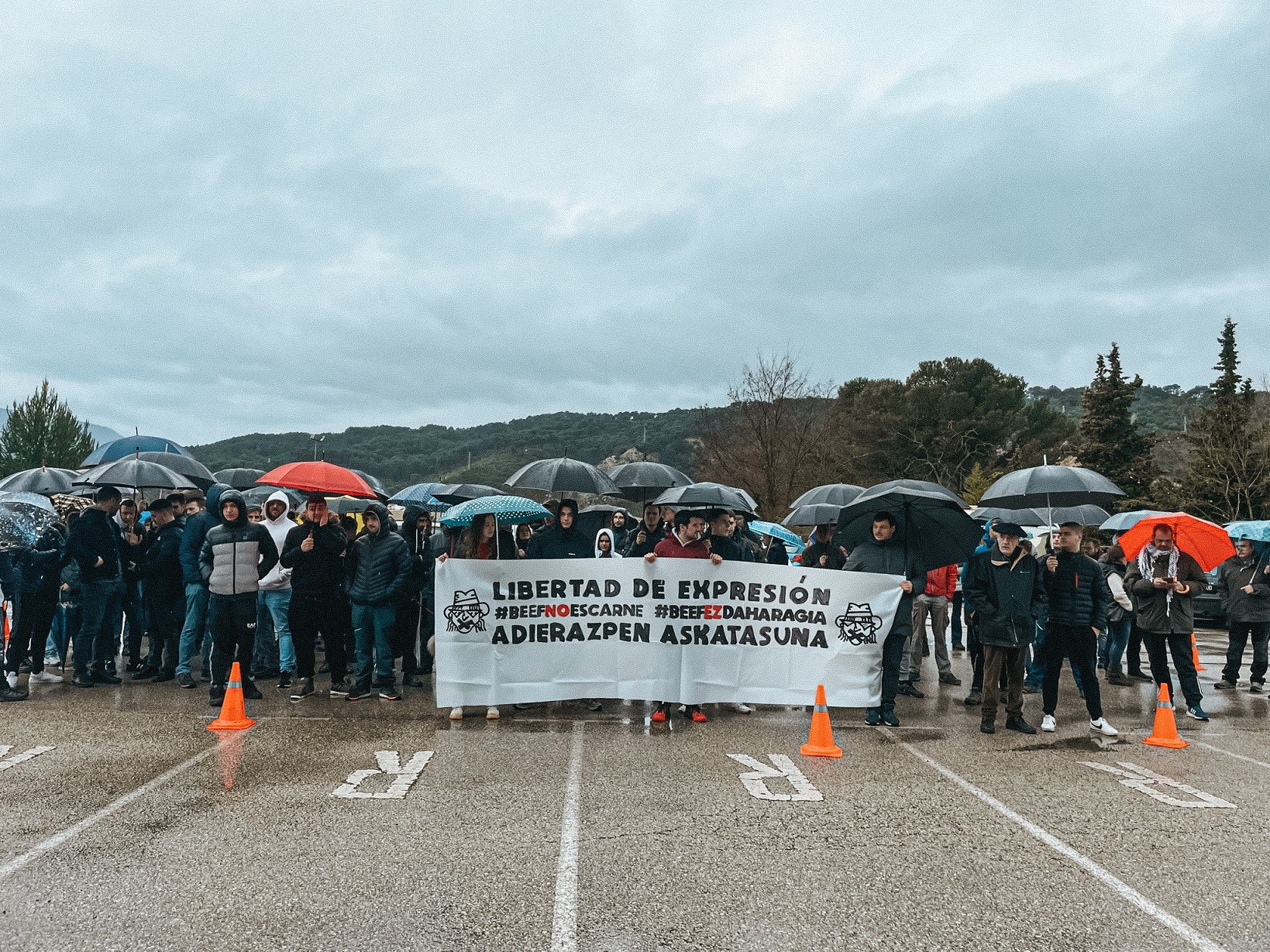
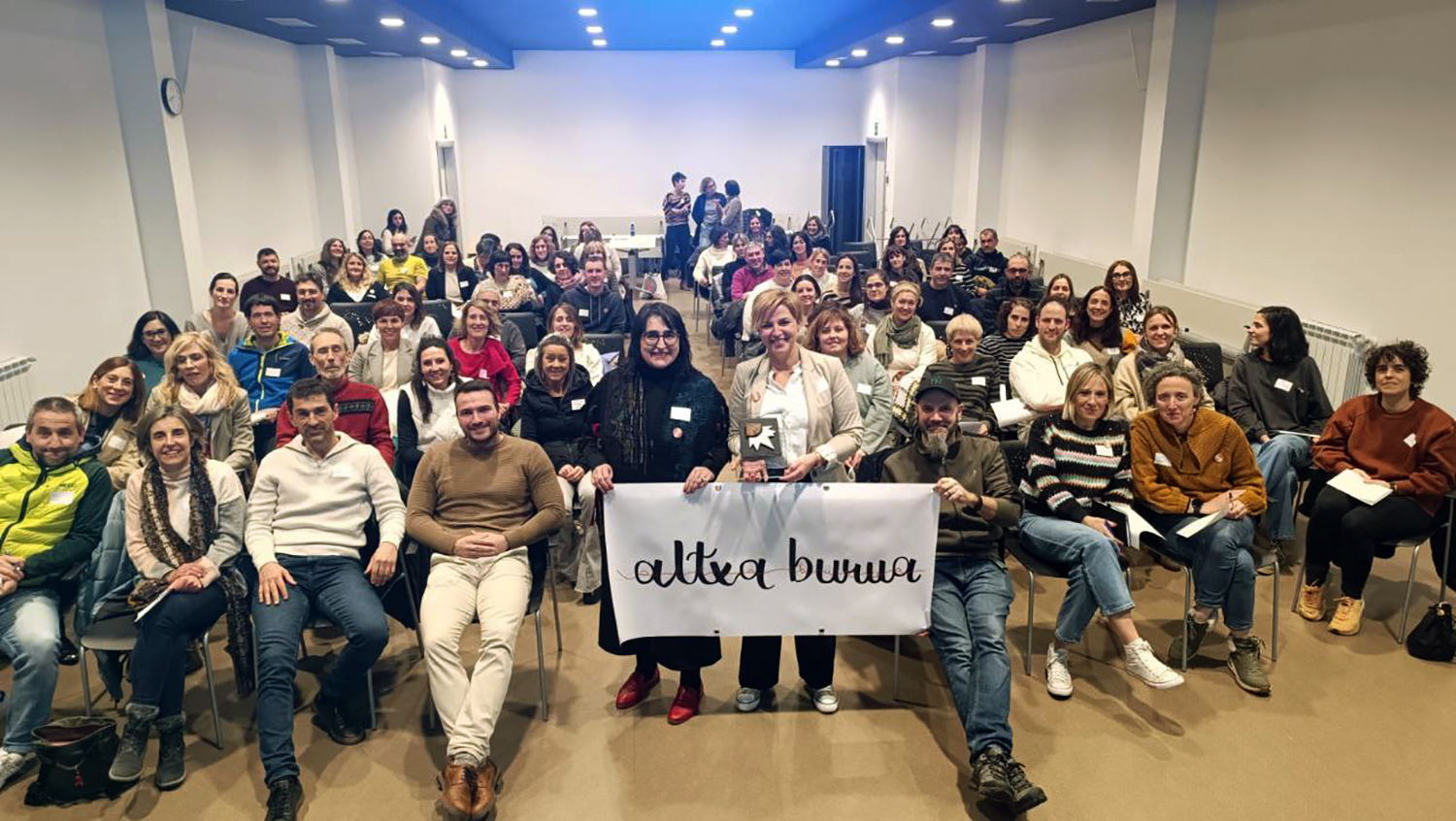
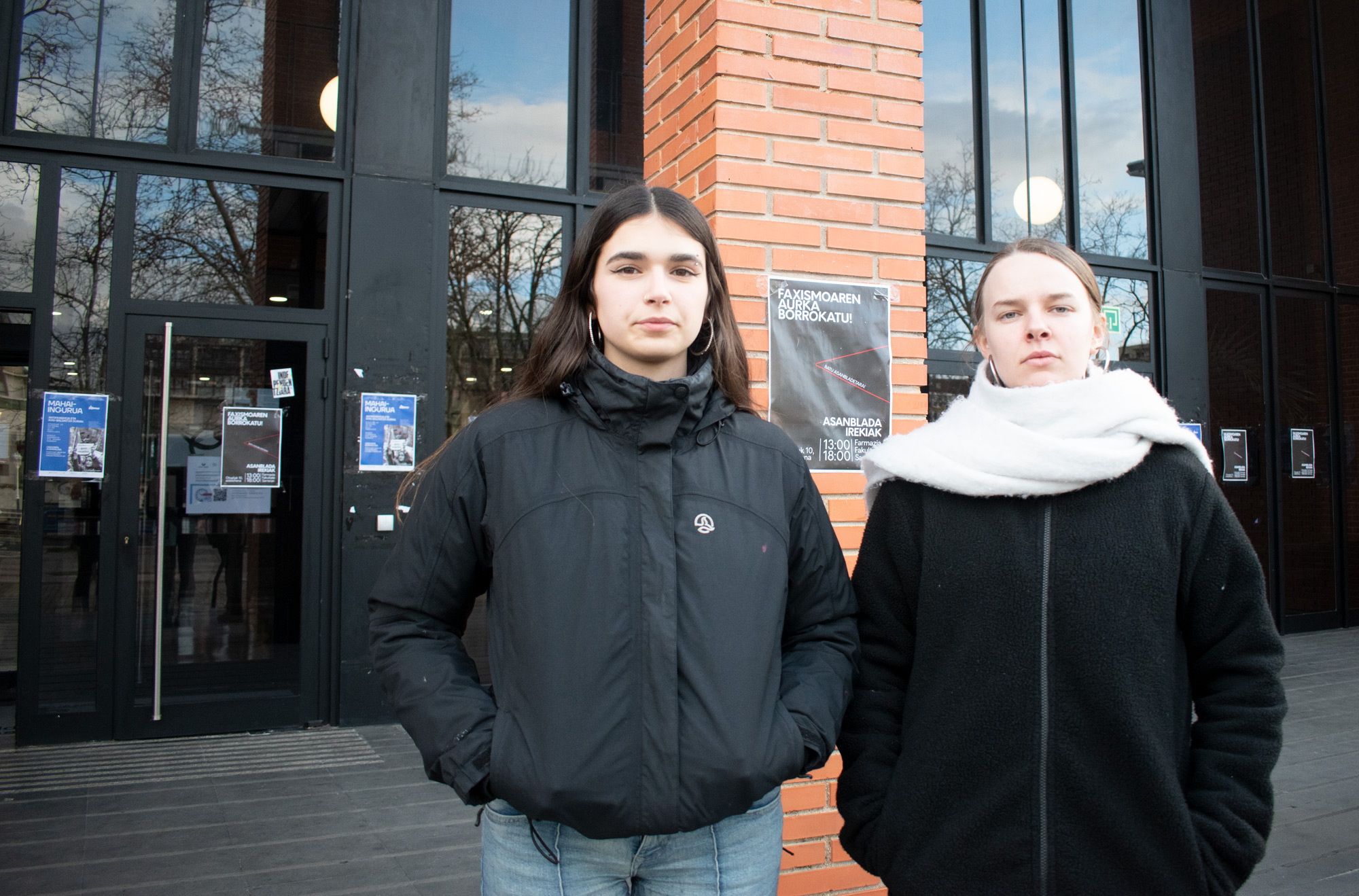
_2.jpg)

